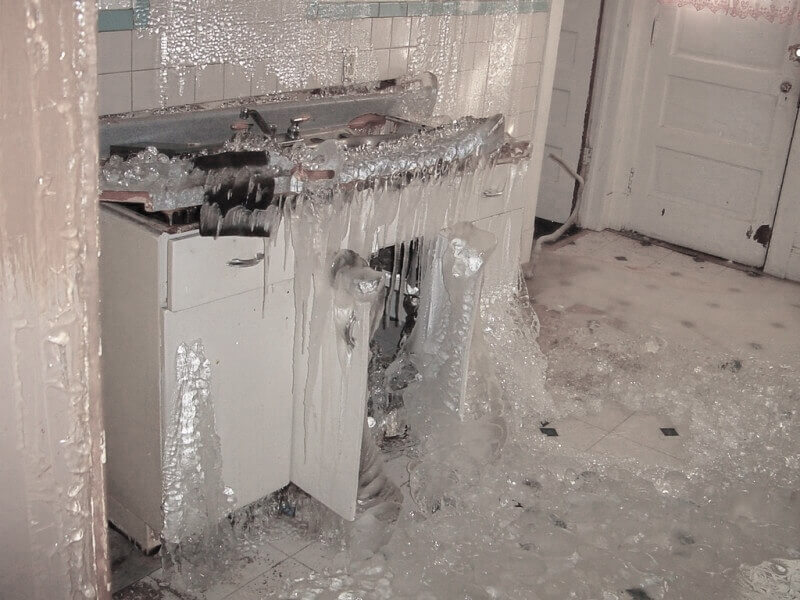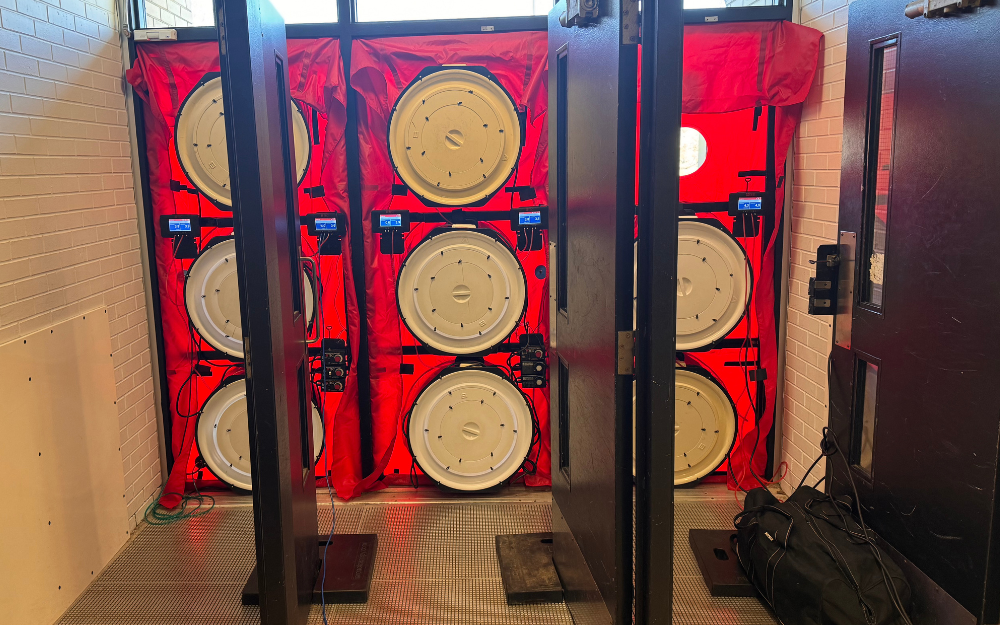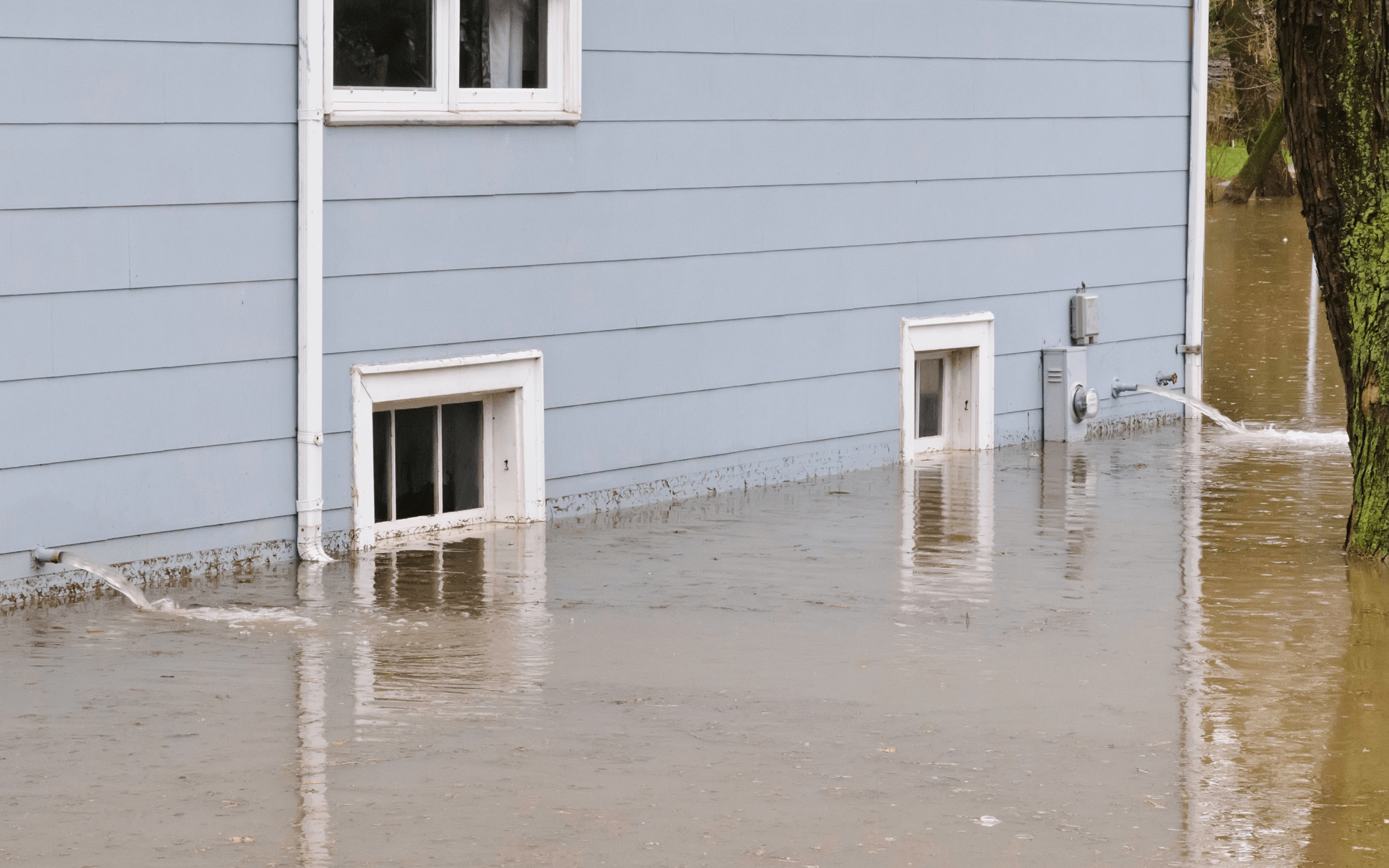You own a condo and have been hearing about Bill 16 for some time now…

Frozen pipes: avoid unpleasant surprises when you return from vacation
Winter is upon us! This means that many of us will soon take refuge further south. But during our cold season vacations, what happens to our water heater and all the piping? To avoid unpleasant surprises upon your return, some preventive interventions on your plumbing network and your water heater are required. Annie Beaudoin, representative of major accounts at Hydro-Solution, talks with Joel Legault, president of Legault-Dubois about the actions to take when you prepare for an extended holiday.
Annie Beaudoin : A question we regularly receive at this time of year is: Before going on an extended vacation, should we pay special attention to our plumbing network and our water heater?
Joël Legault : When leaving your home for a long time, it is cautious to close the main water supply valve. This way, in case of breakage, the damage due to water will be limited. Now, if the water inlet is closed, it is preferable to turn off the electric current of the water heater, because if a malfunction of the thermostats or electrical elements occurs, the temperature of the water inside the tank may increase without limit. This will cause overpressure in the water heater and the safety valve will let out a small amount of water to relieve the pressure. If you are away for several weeks or even months, these small spills may represent significant water damage over time.
Everything else depends on your risk tolerance. If you leave your home for a good part of the winter, it is possible to purge the water pipes to protect them from freezing in case of prolonged power failure. This job should ideally be done by a plumber who will ensure everything runs smoothly. However, it is important to use this method of prevention only occasionally; some plumbers and manufacturers consider that purging a network annually can reduce the life span of the devices.
AB : So closing your water heater and water inlet is the safe way to leave a building over a long period of time?
JL : It’s actually safe for the building, but keep in mind that shutting down a water heater will results in having a container of unheated stagnant water which is favorable to the development of bacteria that can cause legionellosis. These bacteria grow in stagnant water at temperatures between 25 and 45°C¹ and can attack the immune system through the respiratory tract, especially when taking a shower. If you turn off a water heater for a long time, it is important to make sure that the internal temperature of the water heater rises to 60°C upon your return. Since it is difficult to know exactly when this temperature is reached, we can establish a general delay of about three hours to reach 60°C. Then, it takes about one hour² of exposure to a temperature of 60°C before the bacteria are destroyed. So, in total, it takes almost four hours from the moment when a water heater is turned on again before the use of hot water is safe. Finally, before consuming the water, it is recommended to let all the faucets, hot and cold, run for at least 5 minutes to replace the water that has remained stagnant inside the pipes.
AB : And does the shutdown of the water heater allow us to save on our electric bill in addition to protecting our building?
JL : We are indeed under the impression that by shuting down the electricity supply of the water heater when we are away will make us save on our electricity bill. But stopping the water heater is intended to prevent damage only and not to save energy. First, remember that in standby mode, the insulation of the water heater enclosure limits its energy losses to about 70 watts for a 40 gallon and 90 watts for a 60 gallon. Very little energy will be needed to maintain the water at the set temperature. Then, since the heat released by the tank dissipates in the house and contributes to the heating, 100% of the energy consumed by the water heater to keep the water hot will contribute to the heating of the residence, something known as a cross effect. Therefore, virtually no losses are realized since the ambient air is heated during this period. This means that there is no economic advantage to turn off a water heater during a prolonged absence.
Would you like the advice of our professionals on your particular situation? Are you looking to talk to a specialist about a problem you’re facing? We offer a technical consulting service over the phone for a fraction of the cost of an onsite visit. Contact us to learn more.
¹ Source : Corporation des maîtres mécaniciens en tuyauterie du Québec (CMMTQ)
² Source : Institut national de santé publique du Québec (INSPQ)


